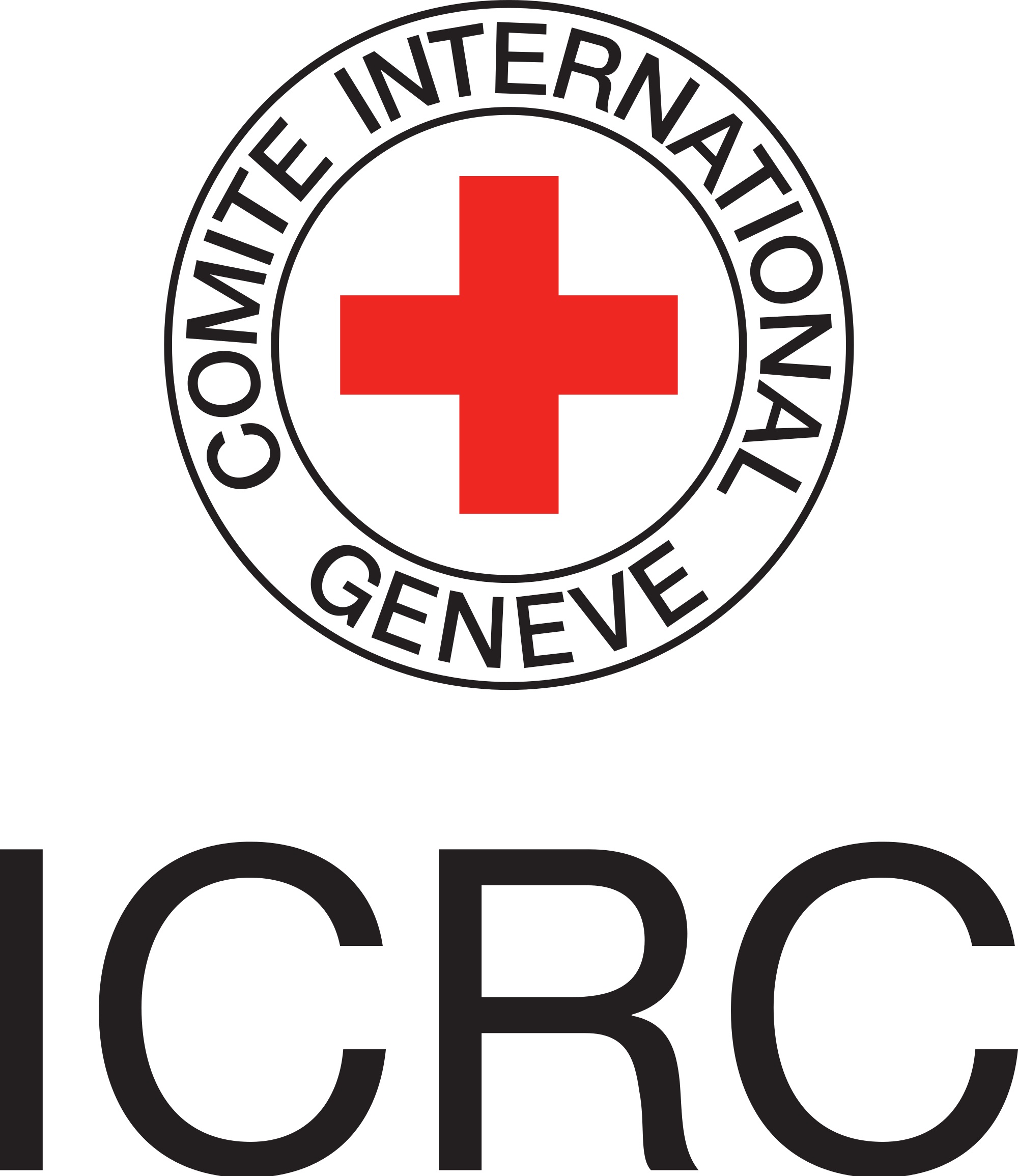Six months after the conflict broke out in Sudan, I feel pained and frustrated.
This tragedy has uprooted over five million people and claimed countless civilian lives. Brutal violence has left deep scars on families and communities. And yet we have not been able to deliver the level of assistance necessary to match the massive needs. Many Sudanese residents feel angry and abandoned, as relief efforts fall short compared to the level of suffering.
Since the first days of the fighting, we have seen the incredible courage and dedication of Sudanese doctors, engineers, Red Crescent volunteers, and regular citizens who have worked to provide crucial services despite the trauma and hardship they experienced.
We, at the International Committee of the Red Cross, managed to cross the frontlines and deliver lifesaving aid, as well as to evacuate or facilitate the release of hundreds of some of the most vulnerable people, including children and detainees. But we must do much more.
When I look at the stark reality in Sudan today, I see women, children, and elderly whose towns and villages were looted or destroyed and who lack food, clean water, and medical care. I see a war being fought in the streets and suburbs of a city once home to five million people. Facing a humanitarian emergency of such magnitude, we cannot afford to spend time on long discussions and administrative hurdles.
Facilitating humanitarian operations and simplifying administrative formalities is not only the right thing to do. It is an obligation under International Humanitarian Law. Earlier this year, in Jeddah, the parties publicly declared their commitment to the law. We now call for concrete and practical steps as part of this commitment.
Adopting simple and quick administrative procedures for humanitarian relief operations is one of the promises of the Jeddah declaration and is the only way to ensure that lifesaving aid arrives where it is needed.
As we work to increase our assistance in the face of difficult access and decreased humanitarian funding, we must not forget vulnerable communities in the border areas of neighboring countries who bear the brunt of the refugee crisis and who have been sharing the limited resources they have.
We will continue to do everything in our power to protect and assist the Sudanese people, who suffered immensely in the past six months. And we urge all states and actors with influence on the parties to this conflict to facilitate the work of the humanitarian community and help us reach people who need our help.
Distributed by APO Group on behalf of International Committee of the Red Cross (ICRC).
